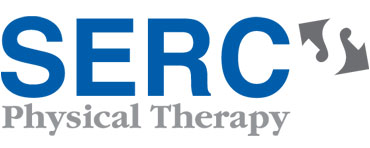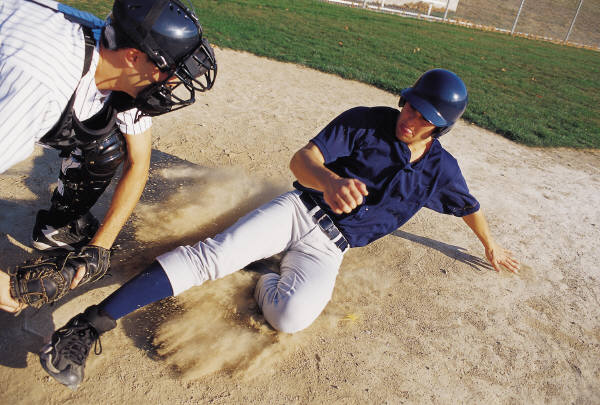by: Brad Yeargin, Columbia SC
A concussion is a brain injury in which the brain collides with the inside of the skull. Concussions always are serious, can occur in any sport, and can result from a blow to the body or a shaking at the head. Most of them occur without a loss of consciousness.
Adolescents are more likely than adults to get concussions and their recovery takes longer. Athletes with a history of concussions are at an increased risk for another concussion. A repeat concussion before the brain is fully healed from the first injury will take longer than normal to recover from and increases the likelihood of long-term problems.
Recognition of and proper response to concussions when they first occur can prevent further injury or even death.
Here’s a checklist of signs and symptoms to consider:
WHAT TO LOOK FOR:
A forceful bump, blow or jolt to the head or body
Concussion symptoms or a change in the athlete’s:
- Behavior
- Thinking
- Physical functioning
What you can see
- The athlete appears dazed or stunned
- Confused about assignment
- Forgets instruction
- Unsure of game, score or opponent
- Moves clumsily
- Answers questions slowly
- Loses consciousness
- Mood changes
- Can’t recall events before or after hit
What the athlete reports
- Headache
- Nausea
- Dizziness
- Blurry vision
- Sensitivity to light
- Sensitivity to noise
- Feeling sluggish
- Concentration problems
- Confusion
WHAT TO DO:
Remove athlete from competition
Ensure the athlete is evaluated by a health care professional experienced in concussion evaluation
- Laws vary by state but can include primary care physicians, sports medicine physicians, certified athletic trainers
Inform athlete’s parents of possible concussion
Keep athlete out of play until cleared by a health care professional

